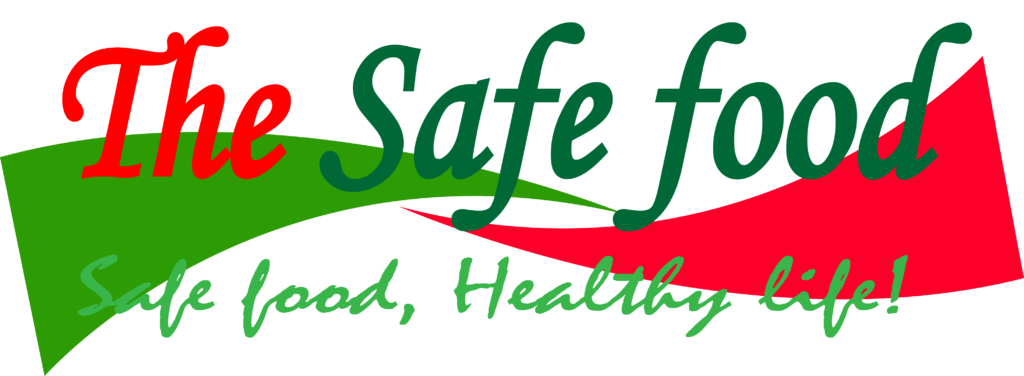Nutraceuticals and functional foods are closely related, as both are food-based products that have health-promoting properties beyond their basic nutritional value.
Nutraceuticals are food-derived substances that have health benefits and can include vitamins, minerals, herbs, amino acids, and other food-based ingredients. They can be found in a variety of forms, such as tablets, capsules, powders, and can be added to food products.
Functional foods, on the other hand, are foods that have been specifically formulated or modified to provide additional health benefits beyond their basic nutritional value. These foods are typically enriched with nutraceuticals, such as vitamins, minerals, probiotics, or other functional ingredients. Examples of functional foods include fortified breakfast cereals, yogurt with added probiotics, and orange juice with added calcium.
Food safety knowledge is for all!

Every consumer deserves to have high quality and safe food. …Read more!

Both products are intended to provide additional health benefits beyond those provided by a traditional diet, but functional foods provide these benefits through regular diet. The key difference between these two is that nutraceuticals are usually taken as a supplement while functional foods are consumed as part of a regular diet.
Note that excessive intake of supplements can be dangerous!
It is important to note that both nutraceuticals and functional foods are subject to food safety regulations and should be validated for safety, efficacy, and quality before being marketed.
Nutraceuticals and Functional foods compared
Functional foods and nutraceuticals are related concepts that involve the intersection of food and health. Here’s an explanation of each and how they relate to each other:
Functional Foods:
Functional foods are foods that provide additional health benefits beyond their basic nutritional value. These foods contain bioactive compounds, such as vitamins, minerals, antioxidants, or other beneficial substances, that can positively impact human health. Examples of functional foods include fruits, vegetables, whole grains, nuts, seeds, and fermented products like yogurt.
Functional foods are often consumed as part of a regular diet and can contribute to the prevention or management of certain health conditions. They are not considered medications or supplements but are regarded as natural sources of health-promoting compounds. Functional foods are typically available in their whole, minimally processed form.
Nutraceuticals:
Nutraceuticals, on the other hand, are food-derived products that are isolated or concentrated to provide specific health benefits. They are typically produced through extraction, purification, or synthesis of bioactive compounds found in functional foods. Nutraceuticals can be consumed in various forms, including pills, capsules, tablets, powders, or liquid extracts.
Nutraceuticals often target specific health conditions or have specific therapeutic properties. They are marketed as dietary supplements or functional foods with medicinal properties. Common examples of nutraceuticals include omega-3 fatty acid supplements, probiotics, herbal extracts, and fortified foods or beverages with added vitamins, minerals, or other bioactive compounds.
Relationship between Nutraceuticals and Functional Foods:
Functional foods and nutraceuticals share the common goal of promoting health and well-being. While functional foods provide health benefits in their natural form, nutraceuticals offer concentrated or isolated forms of bioactive compounds for targeted health applications.
It’s important to note that the regulatory frameworks governing functional foods and nutraceuticals may differ between countries. The level of scientific evidence required to support health claims and the labeling regulations can vary, ensuring consumers have accurate information about the products they consume.
Overall, these products represent the growing interest in the connection between diet and health, offering potential ways to optimize nutrition and support specific health goals.
Our Blog ↗
Read the latest from our blog
Ask a Question ↗
Ask a question and get answers from our community
Give Feedback ↗
We value your feedback.


